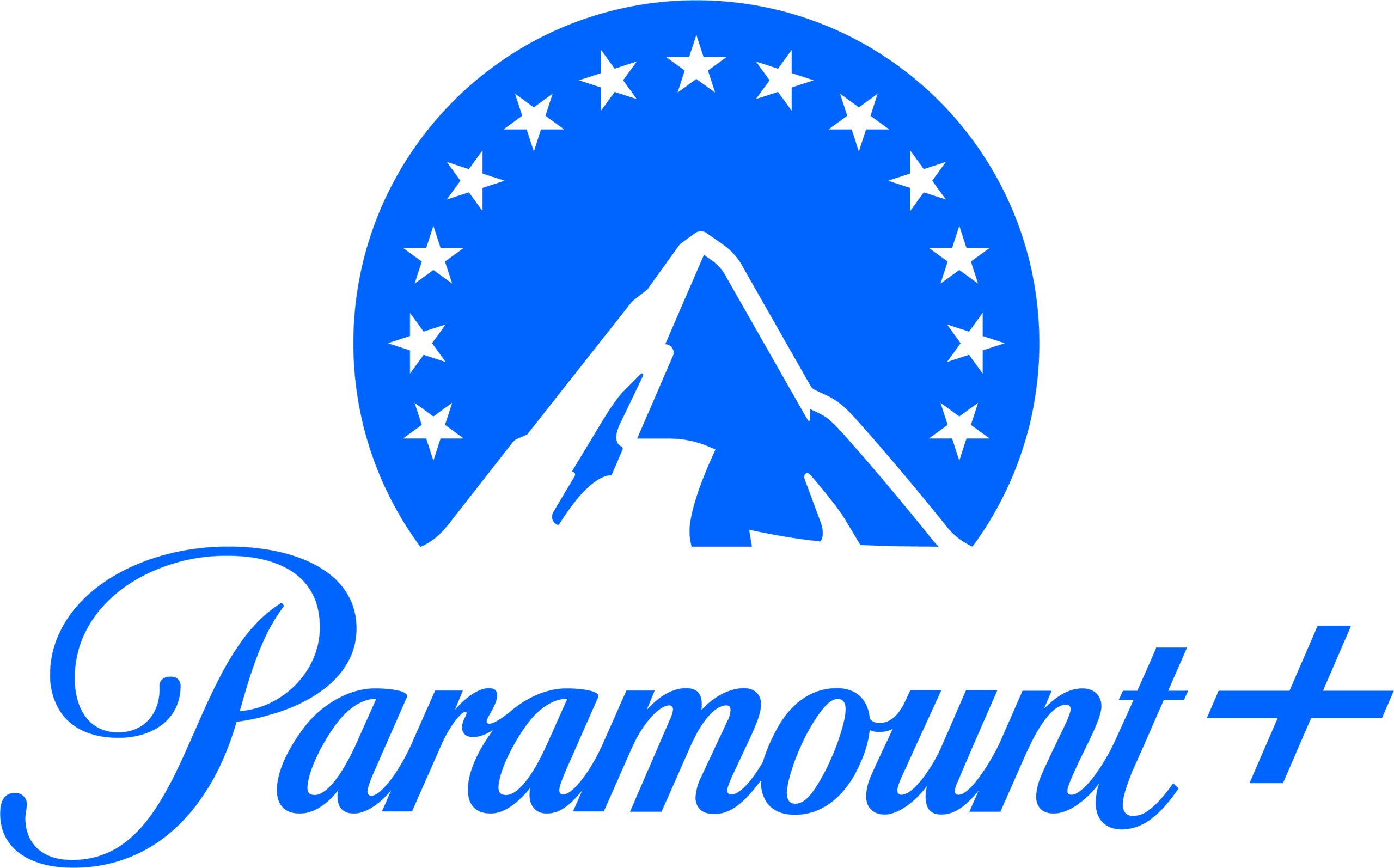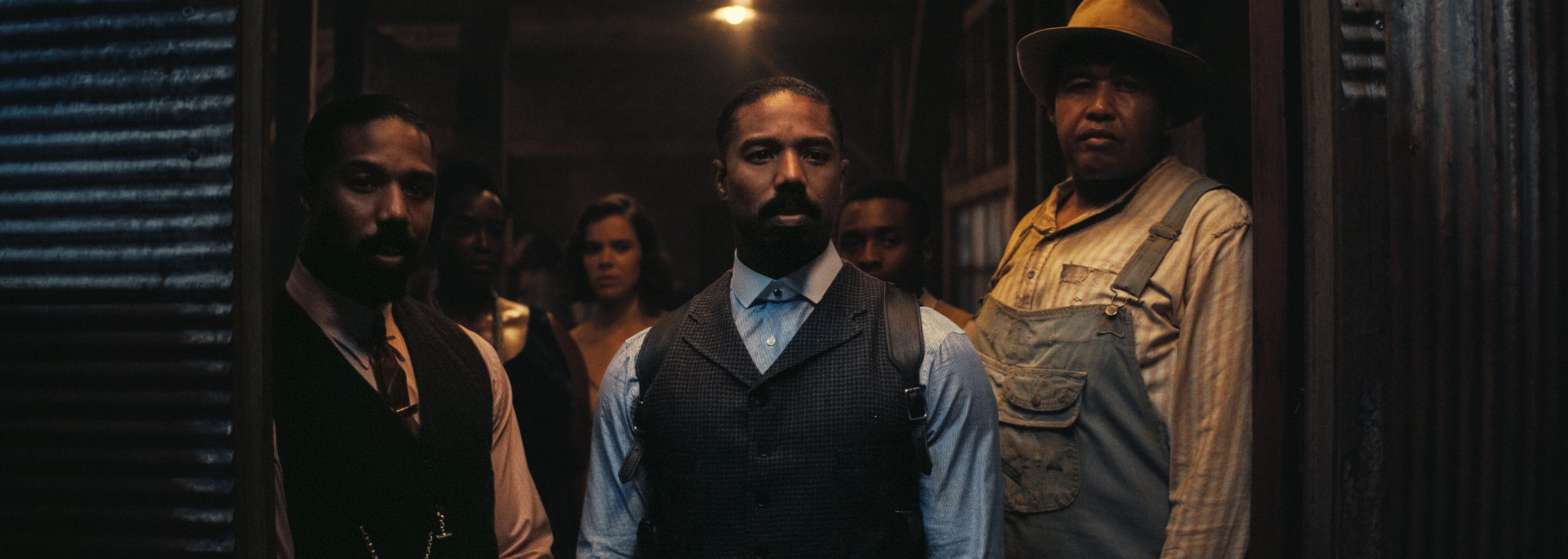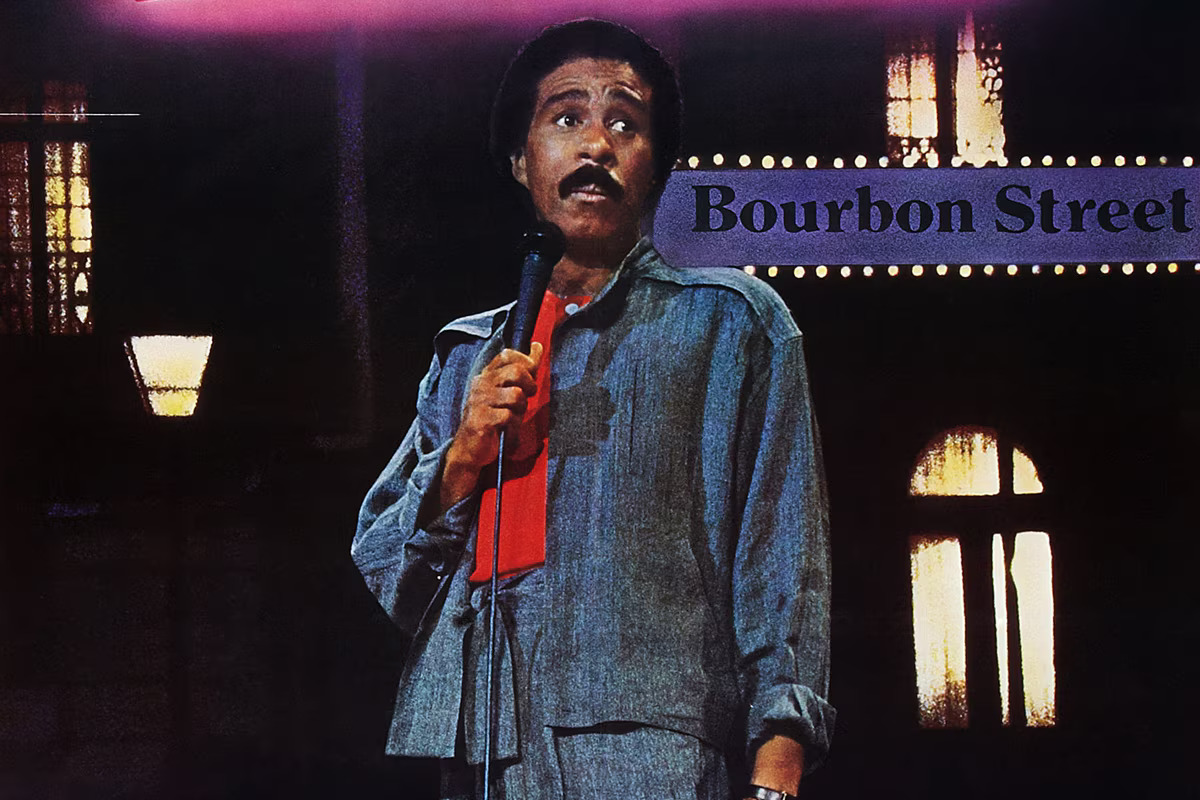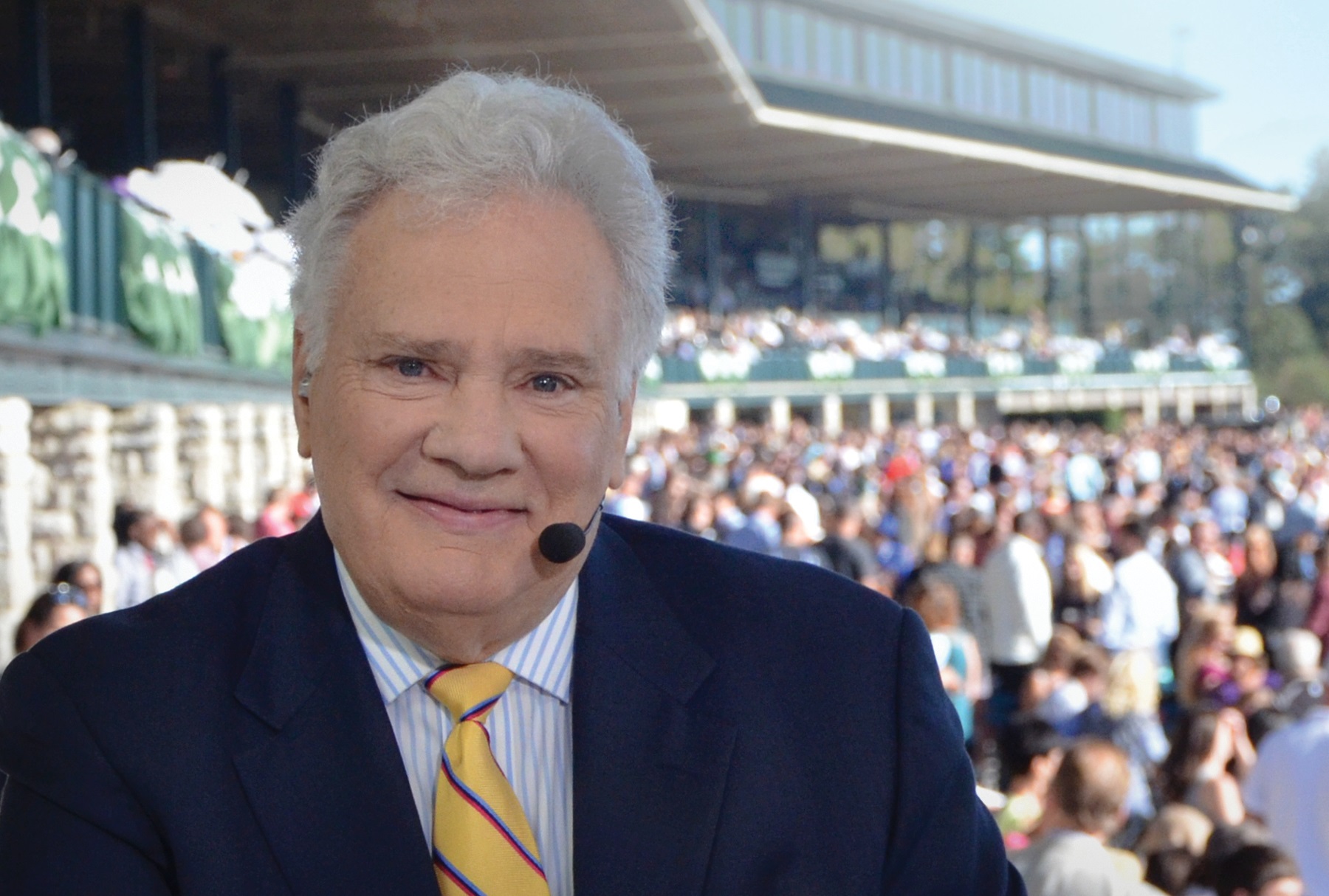
Tom Hammond recently discussed his new book, Races, Games, and Olympic Dreams: A Sportscaster’s Life, co-written with Mark Story. The book is published by University Press of Kentucky. Bob Costas pens the foreword.
Hammond, a retired NBC Sports broadcaster, needed a few years to decompress after retiring from broadcasting. His memoir is a very quick but enjoyable read. He discusses his life from childhood through recent years. For instance, I had no idea that someone fired a gun at him when he was younger. He just happened to be in the right place at the right time for many of his lucky breaks. One opportunity led to another. Ice skating fans have Hammond to thank for Tara Lipinski and Johnny Weir’s promotion to the A-team. Hammond’s colleagues on the broadcast, not so much. Hammond opens up in the book about this and how he would have handled the situation differently.
Hammond walks readers through his training on the way to becoming an on-air broadcaster for NBC Sports. Marty Glickman is a name that comes up. Glickman is one of the greats but taught broadcasters for NBC. When it came to gameday, some coaches were more friendly than others. Bruce Pearl was more than happy to help out the broadcast team by sharing his game plan. Other coaches did not want to give away their plan. Media guides and broadcasters doing their homework can only do so much during the broadcast. For instance, check out what Hammond writes about broadcasting Notre Dame football. A coach can make all the difference.
There is something in Races, Games, and Olympic Dreams for everyone. Horse racing, basketball, football, the Olympics–it’s all here. Obviously, Kentuckians will have the most interest. There are no shortage of SEC broadcast stories. But if you’re a sports fan in general, there’s something for you, too. Hammond discusses many analysts that he worked with through the years although there is not enough room for everyone. That said, it’s weird to read about the late Bill Walton in present tense. I imagine it was too late in the process to change the text when Walton died earlier this year. Hammond never called a game with Charles Barkley but there’s a good laugh or two in the book. He also discusses the Reggie Miller game and the time he rebounded for Michael Jordan.
As for the interview, it’s mostly about what Hammond writes about in the book. Our conversation took place just after Labor Day. It was one month to the date after Noah Lyles won the men’s 100m dash during the 2024 Paris Olympics. As such, I had to discuss Leigh Diffey’s call and how Hammond would have approached it. As he writes in the book and says during our conversation, the 100m dash was the most challenging call throughout his career.
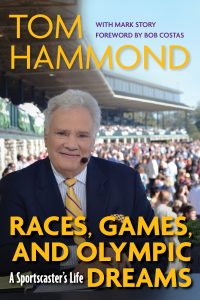
It’s so nice to meet you today. How are you doing?
Tom Hammond: I’m doing well. How about you?
I’m doing well.
Tom Hammond: Beautiful day here in Lexington.
I’ve read a number of broadcaster memoirs through the years. It feels like you happened to be at the right place at the right time.
Tom Hammond: That’s for sure. And a lot of different instances throughout my career, not just once or twice, but many times.
Is it hard to believe that it’s been over 15 years since you called your last SEC basketball game?
Tom Hammond: Yeah, it is hard to believe. I mean, I had such a great time. I did it for 30 years so it was a way of life for me. But it doesn’t seem like that long ago that we gave it up, although I must say the league has changed pretty dramatically since I did those games. It is a lot different than it was when I was doing the game.
How did you come to the decision that it was the right time to write your memoir?
Tom Hammond: Well, after speaking to groups and just sitting around talking to friends and so on, invariably, everyone would say, you should write a book. When I retired after the Winter Olympics in 2018, I really needed to decompress a bit. I wasn’t ready to start a project like that.
Meanwhile, the University of Kentucky was after me to do an oral history for their Louie B. Nunn Oral History Center. I finally decided I would do that and then I said, let’s make this the basis for a book. I got Mark Story of the Lexington Herald-Leader to sign on board to help me write the book and then he would question me for the oral history. We would take that transcript of each session and go ahead and use that as the basis for the book. He would write and then I would go back and tweak it or change it or whatever we needed to do. That was how it all came about.
I have to say that I was laughing at the Charles Barkley comments, too.
Tom Hammond: (Laughs) There were some good moments. Charles, of course, he never fails to come through with a quip. I can’t remember what all is in the book but Larry Conley and I were doing one of our last SEC basketball tournaments in Atlanta. As we were walking off the floor, having done the game, Charles was there in the corner holding court. As we walked past, he said, stop, hold, stop, stop, stop. He said, isn’t there an age limit in this league? Because we had been around when he was doing his games before. He always has a quip and yeah, he was pretty, pretty entertaining even in those days.
How often do people want to talk to you about the Reggie Miller game?
Tom Hammond: Usually, they don’t realize it was me. When they do, they do want to talk about it and the excitement of it and what a great feat it was under pressure. That was in the playoff game and it was pretty amazing. But usually, people don’t realize that I had done that. When they do realize that they want to discuss it a lot.
I have to ask—what was it like to rebound for Michael Jordan while he was practicing?
Tom Hammond: Danielle, it was a special moment and that’s why it gets a mention in the book, I guess, when normally it wouldn’t be that big a deal for anybody. But here’s one of the greatest athletes—greatest basketball players, of course—of all time, and out there, and here I am rebounding for him and throwing the ball back to him and laughing with him, and he’s teasing me about Kentucky and I’m teasing him about North Carolina. It was just a great few minutes of being alone with him and laughing and carrying on like that while he shot his shots.
Not many people get a chance to interact with one of the great superstars of all time like that, and I just thought it was worthy of a mention because it stuck in my mind as one of the most enjoyable moments of my whole career, really.
Is there anything that you considered putting in the book but couldn’t find the right place?
Tom Hammond: Some things about some of the thoroughbred race callers I’ve known who are sometimes kind of wacky and funny, and their different idiosyncrasies and how they call races and stuff. It just didn’t seem to fit quite any place. I wish now we had found a place for it because I think it’s kind of missing.
The other thing that we were kind of late on—we thought of it, but it was too late to get it in the book, and that was with the Caitlin Clark phenomenon about the rise of women’s sports all of a sudden. It kind of came too late for us to put it in there but in a lot of ways, I was a pioneer in broadcasting female sports. I was doing the Final Four for the women’s college before there was even an NCAA taking it over. It was AIWA, something like that, when they had the national championship. Old Dominion was the one that won most often in those days. But I was doing the Final Four then and all during the tournament, during games. Of course, I don’t think anybody has broadcast more women’s sports than I have.
Not only was I right in on the ground floor with the WNBA for the first two or three years of its life, but I also did the women’s basketball at the Seoul Olympics in 1988, when Kay Yao’s U.S. team won the gold medal. I also, of course, did lots of women’s track and field over the years, including the Olympics—not to mention all the other sports in which females take part. I was kind of a pioneer in women’s sports and I wish we had gotten something in there like that because now women’s sports has sort of taken off with the Caitlin Clark effect. Everybody is becoming now attuned to it and it’s been something that I’ve been involved in for many years.
Speaking of the Olympics, I assume you watched the men’s 100m dash a few weeks ago?
Tom Hammond: Yep, I did.
What goes through your mind when a broadcaster—in this case, Leigh Diffey—calling it prematurely when there is a photo finish?
Tom Hammond: Well, the first thing I did was say to myself, what would you have done? As I saw the race unfold, I would have done one of two things at the finish. I would have said, Noah Lyles wins, because it was obvious to me that he had. But most likely, I would have said, “Too close to call.” It was just too close to assume that.
It’s tricky in track and field because it’s the torso that counts, not the arms or anything like that, it’s the torso that counts. It can be a little tricky to tell who the winner is, not like a horse race where the first nose across the finish line is the winner. I probably would have said, It was too close to call. I was surprised that he didn’t and I don’t know why in the world he tried to call that finish. In fact, he sort of concentrated on the Jamaican runner almost the whole race.
I said, maybe many times, that the most difficult thing I did in all the different sports that I did, Danielle, was call the Olympic 100-meter dash. There’s no margin for error. You can’t even think about it. Once you start commentating, that’s it. Whatever pops out of your mouth is what it’s gonna be. You can’t stop and think about it because the race will be over. Knock on wood, I got through all those years of the Olympics without miscalling one. I was surprised that he did not play it a little safer and say, “Too close to call.” Of course, the media jumped all over him and the internet jumped all over him. Social media, of course, roasted him pretty well, but that was something that I tried to say how would I have done it, and I probably would have said, “Too close to call.”
Streaming has really exploded in the sports world with leagues now airing a number of games exclusively on a streaming service rather than linear or cable TV. I know you retired a few years ago but if you were working today, how would that have any impact in your approach to job offers?
Tom Hammond: I’d have to think about it, Danielle, because there’s so many different options now available for viewers and, of course, for broadcasters. When I first started, there were three networks, ABC, NBC, and CBS. There wasn’t an ESPN, there wasn’t even a Fox, and so the world has exploded now. Now there are 200 different choices for a viewer, and I understand that my philosophy of less is more is not as important to those anymore.
Because with all those choices, I think broadcasters—sometimes sports broadcasters, maybe all broadcasters—feel like they have to distinguish themselves from all the others that are on there. They have to find a way to be controversial or to have a saying or to have some way to distinguish themselves from others. I’ve found in sports broadcasting, it’s mostly become shouters—do as much shouting as you can and try to garner as much attention as you can.
It would be a different task for me to try to figure out where I would fit in that in that niche with my style, which is—like I say—less is more. I was famous at NBC for the hand—I would hold up the hand to my fellow commentators during a dramatic moment and say no, we’re not saying anything. Nobody’s going to say anything. We’re going to let this play. We’re going to lay out and let that play and let the pictures tell the story because really, I always felt there was nothing I could say that would add to it, only detract from it. How that would fit in with the streaming and with all the different choices available to viewers, I’m not sure. I’d have to give it some long thought.
What advice would you give to an aspiring sports broadcaster?
Tom Hammond: Learn how to express yourself, obviously not only with the spoken word, but with the written word as well. There are so many times when being able to write quickly is an advantage in the sports broadcasting business. At the end of each Olympic session, I was asked to do a summary of what happened that night and I would have to jot down and write something with all these events that took place and try to come right to the heart of it with a few words. Being able to do that is important, I think, for broadcasters as well.
The other thing I would say is learn how to learn. If you’re given a new task, like I was given things I didn’t know much about—track and field or figure skating—I had to learn how to familiarize myself with those sports and to learn how to learn. Also, be aware that an opportunity might arise that you might not be prepared for so be ready. Always be ready. Once you get the foot in the door somewhere, volunteer and just do anything you can to get more experience in broadcasting. Be ready to take advantage of those opportunities because they will come your way and you have to be able to recognize it.
Thank you so much. Congrats again on the book. It was such a quick read.
Tom Hammond: Thanks, Danielle. I hope you enjoyed it. I’m hoping readers will enjoy it. Like you say, it’s a quick, easy read, I think. Hopefully, all those stories are interesting to people. I hope that that’s going to turn out to be a successful book. Certainly, I was glad to write it and get all those stories saved for my grandchildren and great-grandchildren over the years.
Until I read the book, I didn’t even realize the ties that you had to the University of Kentucky going back to before you were born.
Tom Hammond: Yeah. That, of course, has been an important part of my life. I’m still involved over there in a number of committees, especially in the Equine Studies Department at the College of Agriculture, Food and Environment. I was on a committee–we just finished–called Kentucky Can, where we raised for the university, overall for everything, $2.1 billion so I was proud of that. I was one of the people on the committee that raised the $2.1 billion, which was, as most people said, not possible. And we got it done.
Anyway, like you say, it’s been a magical ride for me. It’s been an improbable one because I never thought I would be a broadcaster and as you say, everything seemed to just break right for me at certain times in my career. An improbable run, which makes it even more satisfying to be able to have done all those things that I did. In an age of specialization, being able to do all those different sports was really a boon as well. Thank you for reading it. I hope you enjoyed it and I hope others will as well.
Alright, take care.
Tom Hammond: Okay, Danielle. Bye-bye.
Races, Games, and Olympic Dreams is now available in bookstores.
Please subscribe to Dugout Dirt and Solzy on Buttondown.
